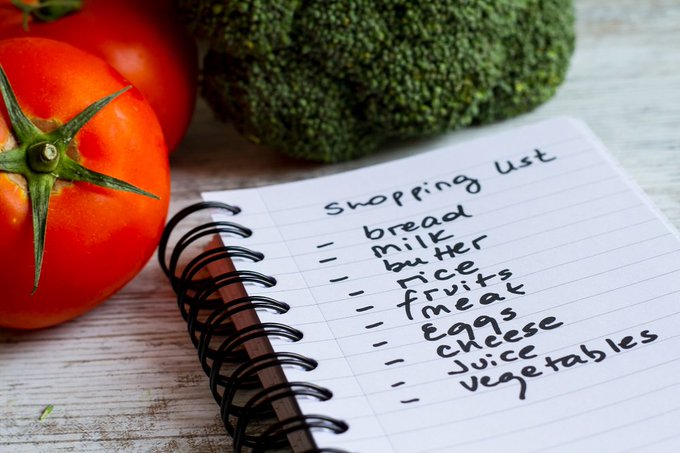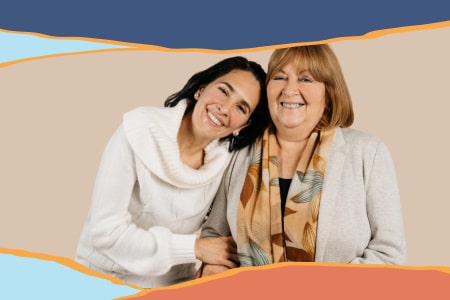Help at Home
Resources

Coping with Challenges as Sandwich Generation Caregivers
Sandwich generation caregivers manage multiple responsibilities, including work, childcare, household duties and care tasks for their parents, in-laws or other aging relatives. The COVID-19 pandemic has made these responsibilities far more challenging, as we may be dealing with work, teaching our children at home and managing household duties. At the same time, we may also be doing more distant caregiving due to social distancing recommendations if our loved ones don’t live in the same household, and especially if their immune system is compromised.
Read More
Homebased Supports for Adults with Alzheimer’s or Dementia During COVID-19
As we continue to live with the COVID-19 pandemic, many of us are trying to get used to our “new normal.” This can be especially difficult for older adults with Alzheimer’s disease and related dementias (ADRD), and their caregivers. The familiarity of a daily routine provides comfort and may be able to help a person with ADRD cope with short-term memory loss. Establishing a predictable pattern of events can help transfer the schedule of a daily routine into the long-term memory portion of the brain, helping a person retain their ability to perform activities of daily life.
Read More
Helping an Older Loved One Eat Healthy During the COVID-19 Pandemic
Food, besides being a necessity of survival, is also closely tied to protection from certain diseases and conditions, which is where the expression “food is medicine” comes from. By eating well, we can decrease our risk of the kind of chronic conditions that put us at risk for viruses like COVID-19, such as heart disease and diabetes, and increase our bodies’ supply of necessary disease-fighting vitamins, minerals and proteins. On the flip side, if we don’t eat well, our risk for heart conditions, diabetes, obesity, hypertension, along with other diseases and chronic condition increases, which also increases our vulnerability to viruses. Without essential vitamins and minerals, our immune systems might weaken.
Read More
How to Keep an Older Loved One Supplied with Necessities during the COVID-19 Pandemic
With staying at home and practicing social distancing being recommended as two of the most important methods of “flattening the curve” and keeping safe during the current COVID-19 pandemic, most of us have had to rethink the ways we go about our day-to-day lives. Even basic trips to the convenience store or supermarket involve new levels of preparation and caution than before. This can be an additional challenge for those who have to think about providing for a vulnerable loved one, whether they are caregivers or just taking on a bigger role to assist their loved one and keep them safe at this time.
Read More
Keeping the Kitchen Safe for a Loved One with Late Stage Dementia
The kitchen is the heart of most families' homes. If we have a loved one living with dementia at home, especially in the later stages, we will want to do everything we can to help keep their kitchen as safe as it can be.
Read More
